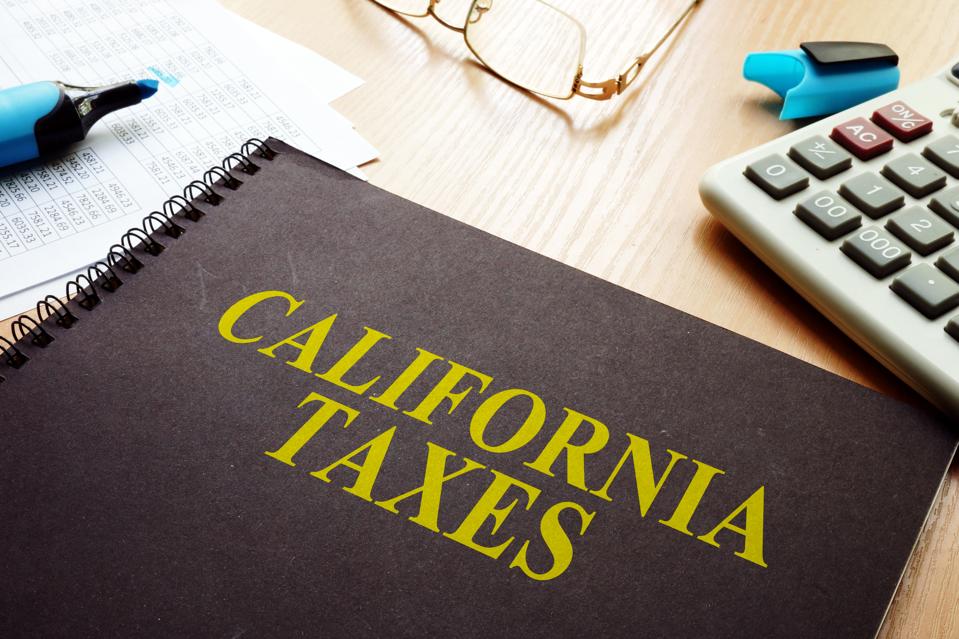California is always trying to draw people into its tax net. It is common knowledge that if you move to California, you will be heavily taxed while you are there. It is also well known that if you later move out of California, it can be difficult to get free of the state’s tax collector. Californians contemplating stock sales, sales of a company, a lawsuit settlement or other major income event and facing California’s 13.3% tax on capital gains may consider moving first, and then selling.
California loses citizens for no-tax states like Texas, Nevada, Washington, Wyoming and Florida, and you don’t have to move to a no-tax state to pay less. Every other state has lower income tax rates than California, either no tax or lower tax. Moving sounds easy, but if you aren’t careful how you do it, you could end up saying goodbye California taxes, and hello to a residency audit. California’s tough Franchise Tax Board (FTB) monitors the line between residents and non-residents, and can probe how and when you left. The burden is on you to show you are not a Californian. If you are in California for more than nine months, you are presumed to be a resident, and more than six months can often cause problems too.
But can you be taxed by California if you never even visit? Yes, in some cases, California can assess taxes no matter where you live. California’s attempts to tax nonresidents often lead to controversies, and if you do not file California tax returns, the statute of limitations never runs. It can mean being audited five or ten years after the transaction in question.
The Golden State imposes income taxes at up to 14.4 percent for individuals and 8.84 percent for businesses set up as corporations. For years, the top rate in the Golden State was 13.3%, but it was hiked by 1.1% to 14.4% starting in January 2024. That 14.4% might stick for years, although in the past, there have been several failed attempts to raise the top tax rate in the Golden State to an astounding 16.8%.
Is there any room left to steer clear of California taxes if you are a nonresident? Consider sales of interests in companies or LLCs. If you are a resident of Texas and sell your stock in Amazon, you are just taxed by the IRS, since Texas does not have a state income tax. Shares of stock are considered intangible assets that are sourced where you live. But how about a sale by an out-of-state person of an LLC or partnership interest that has a California connection like an office? It can trigger a California tax notice.
For years, many non-California residents have tried to avoid California tax when selling interests in California businesses and California property. They often preferred selling an interest in an entity that holds California real property or business assets. Selling an interest in an entity seemed better tax-wise than having the entity sell the California assets and distribute the proceeds to the owners. The idea is that the former is a sale of an intangible, sourced to the residence of the seller of the intangible like a stock sale. The latter, of course, is a sale of California property so is California source income.
But if you sell your interest in an S corporation, LLC, or partnership that owns California property, shouldn’t that get you the same treatment as selling Amazon stock? Many taxpayers say yes, but California’s Franchise Tax Board is not happy with what it perceives as an end run. In Legal Ruling 2022-02, the FTB found a way to tax a portion of the taxpayer’s gain from the sale of a partnership conducting business in California.
In The 2009 Metropoulos Family Trust, et al. v. Franchise Tax Bd., 79 Cal.App.5th 245 (2022), the FTB successfully contended that it could issue regulations that essentially displaced a long-standing statutory provision sourcing income from sales of intangibles to the taxpayer’s state of residence. As a result, the FTB moved to collect California tax from nonresident shareholders of an S corporation that had sold an intangible asset (goodwill) for $600 million.
There are other cases too. In a precedential decision from the California Office of Tax Appeals, In the Matter of the Appeal of L. Smith, OTA Case No. 20036033 (Dec. 7, 2022), the taxpayer was a California nonresident. He held an indirect membership interest in a holding company that was a partnership for tax purposes. The FTB argued that California taxes applied even to the nonresident owner, and it won here too.
The FTB has a long history of making novel arguments to extend California taxes to nonresidents. In the past, its efforts were sometimes blocked by the courts, but that appears to be changing. Whether the expansion of California’s tax jurisdiction will materially affect investment in California businesses and properties remains to be seen, but the FTB and the California courts are apparently betting that nonresident investors will still poor money into California.
If you are considering a sale of a business or business assets, it is worth drilling down carefully on the structure you have, and considering whether there is a way to restructure the business with a view to any upcoming sale transaction. No one likes an unexpected tax bill that may come years after a deal closing. That is particularly true if you are a nonresident who assumed or if you were told that you would not have to pay any California tax on your gain.
How long are you at risk when it comes to the California Franchise Tax Board? The normal California tax statute of limitations is four years (one year longer than the usual three years the IRS generally has to audit). The four years runs from the date you file your California tax return. But if you did not file one because you thought you were not taxable, that statute would never start to run.

